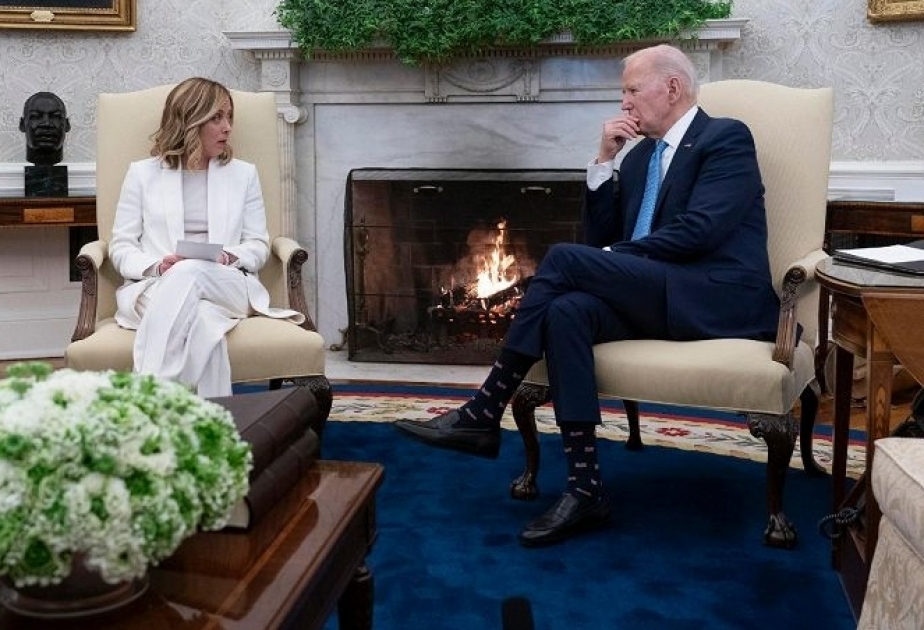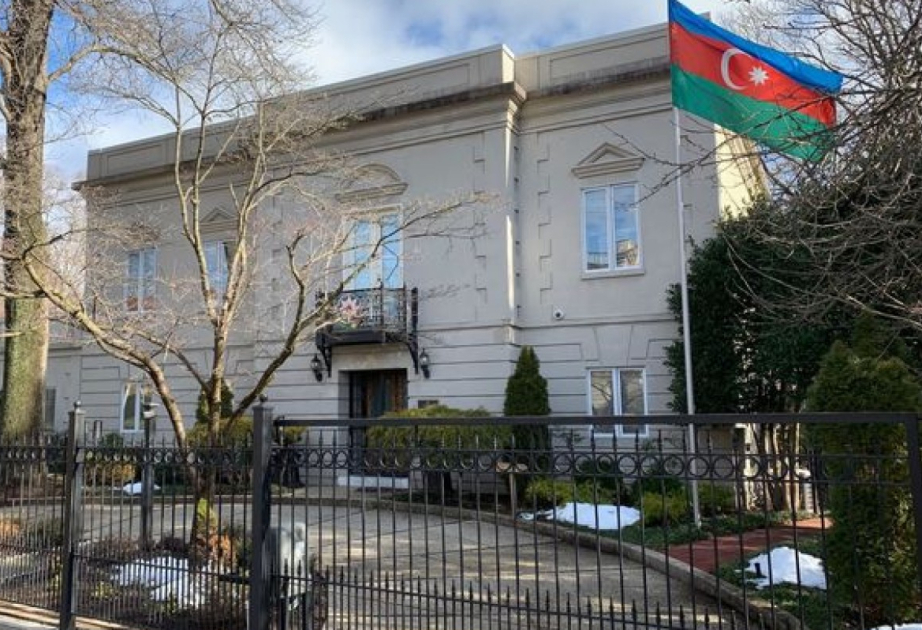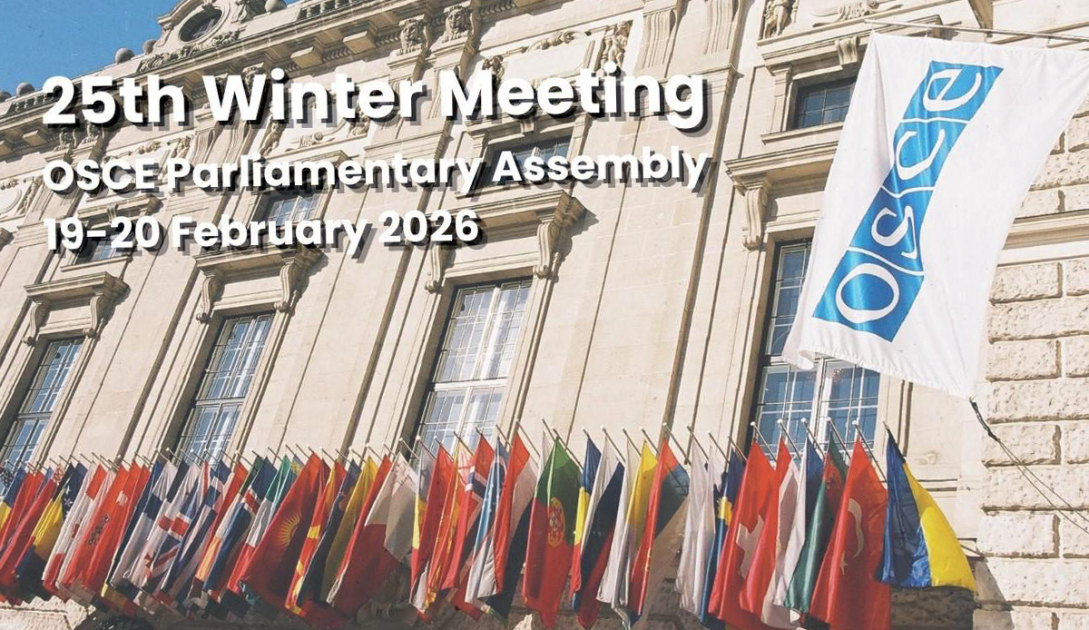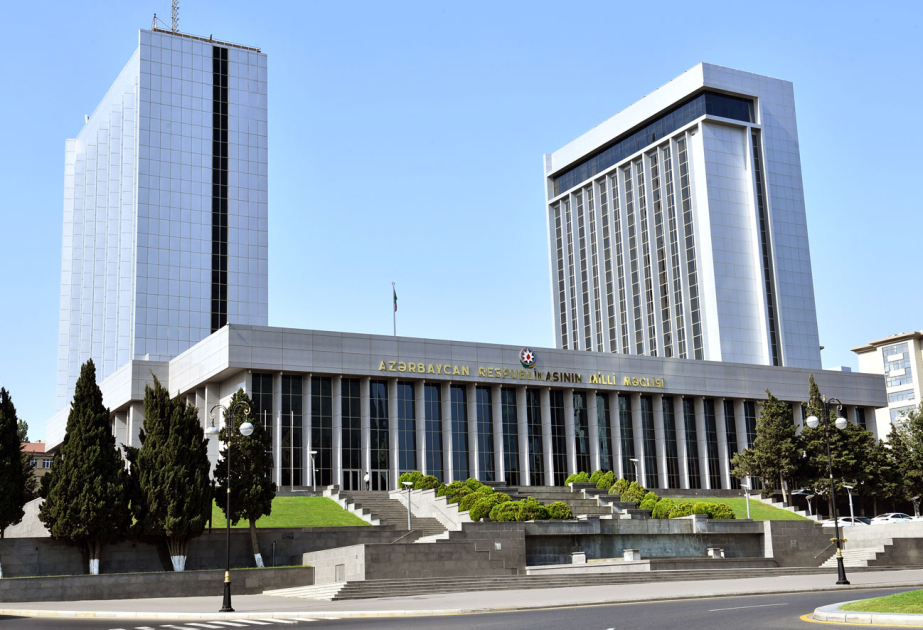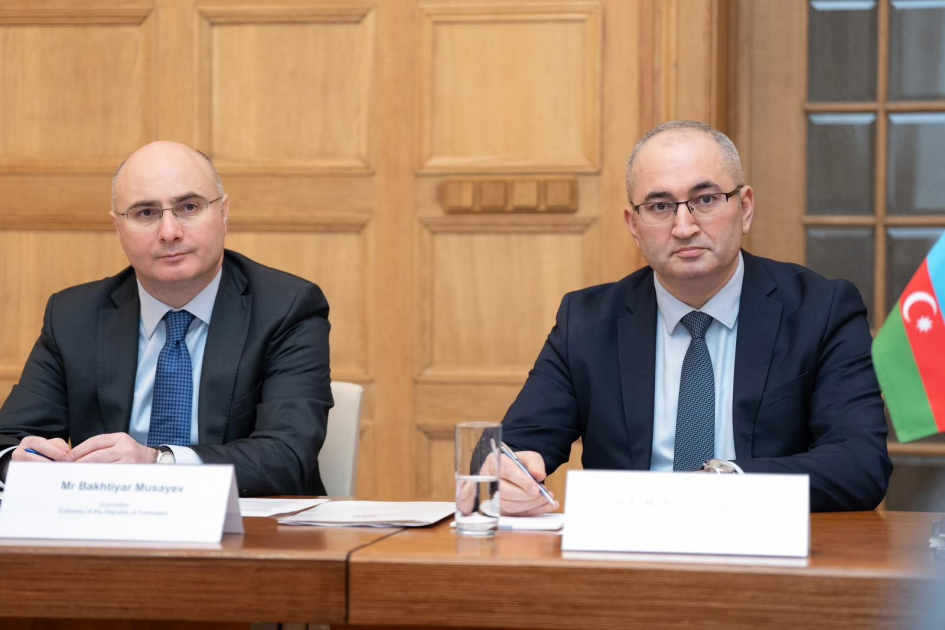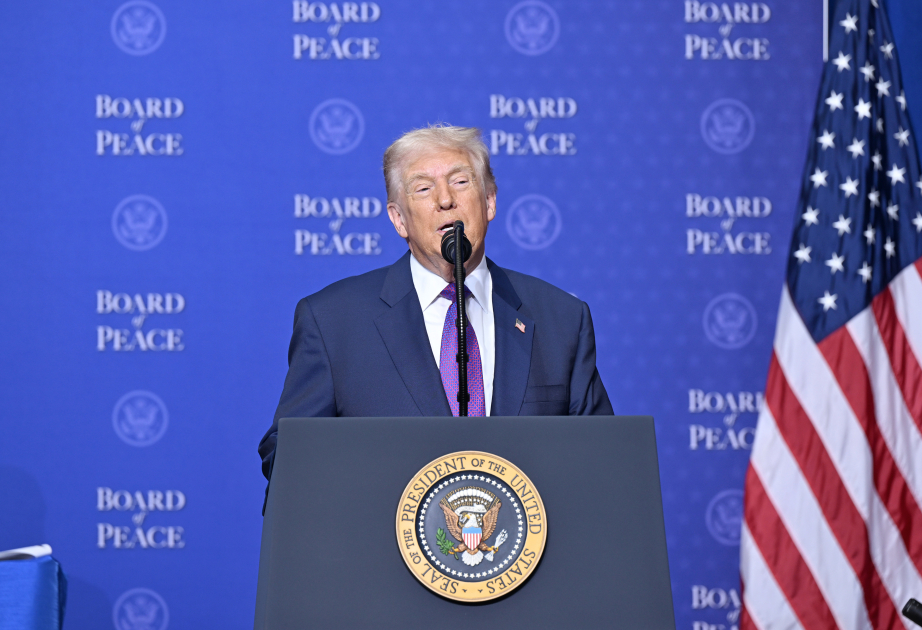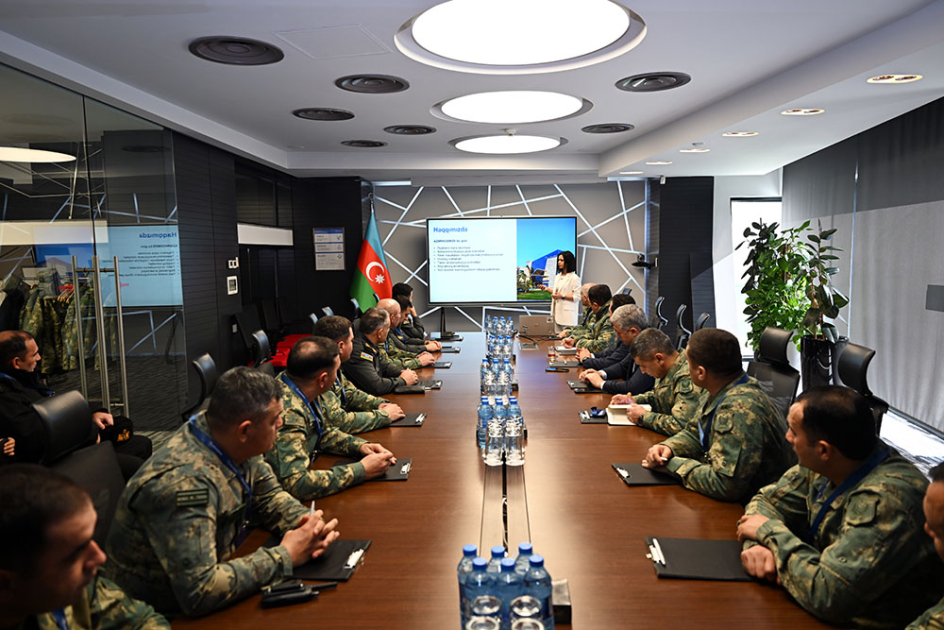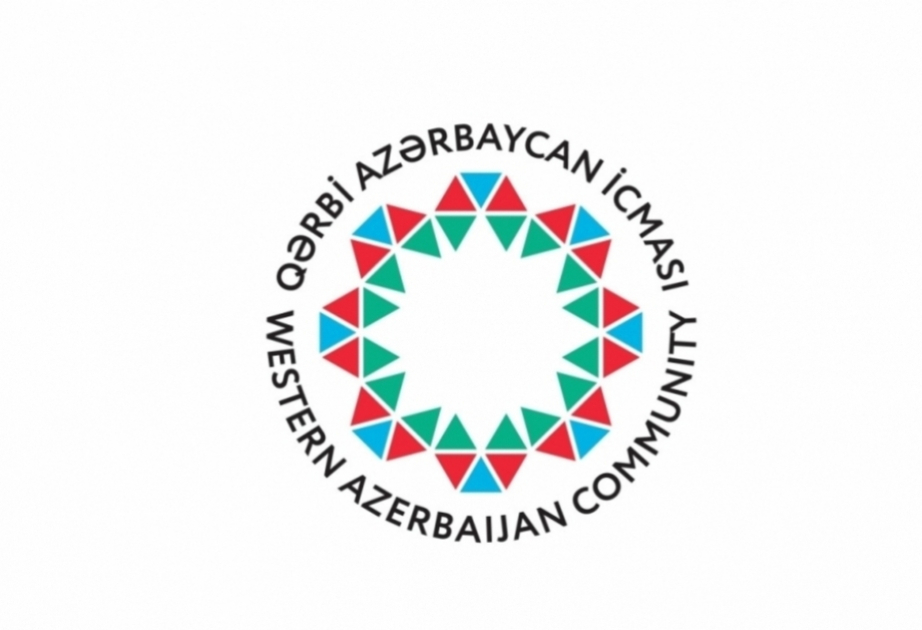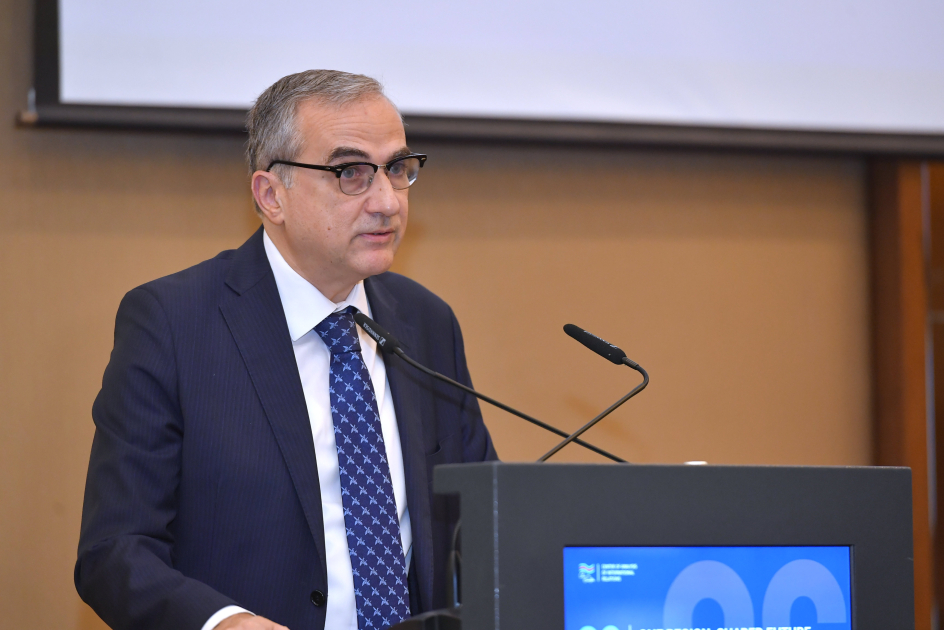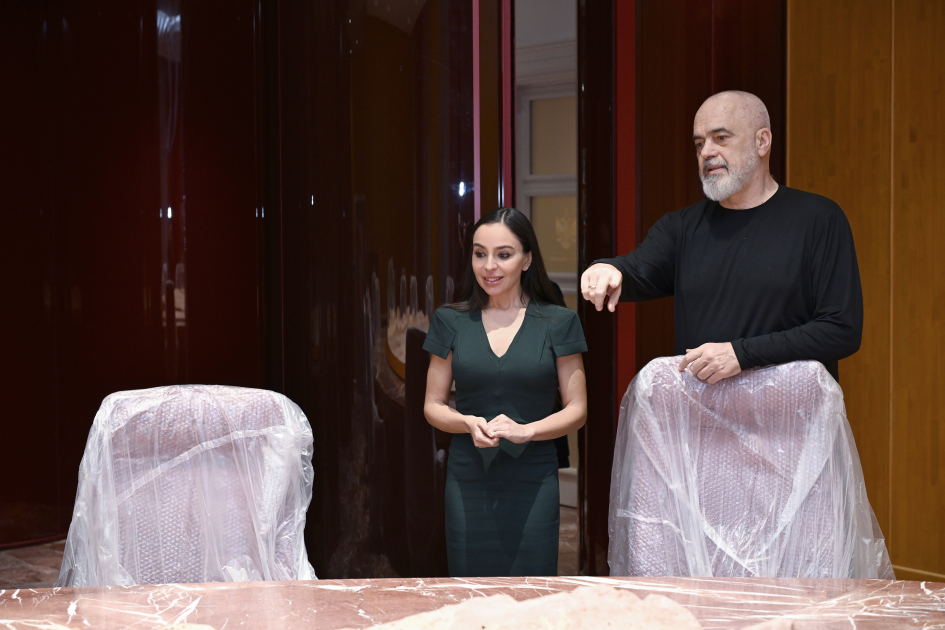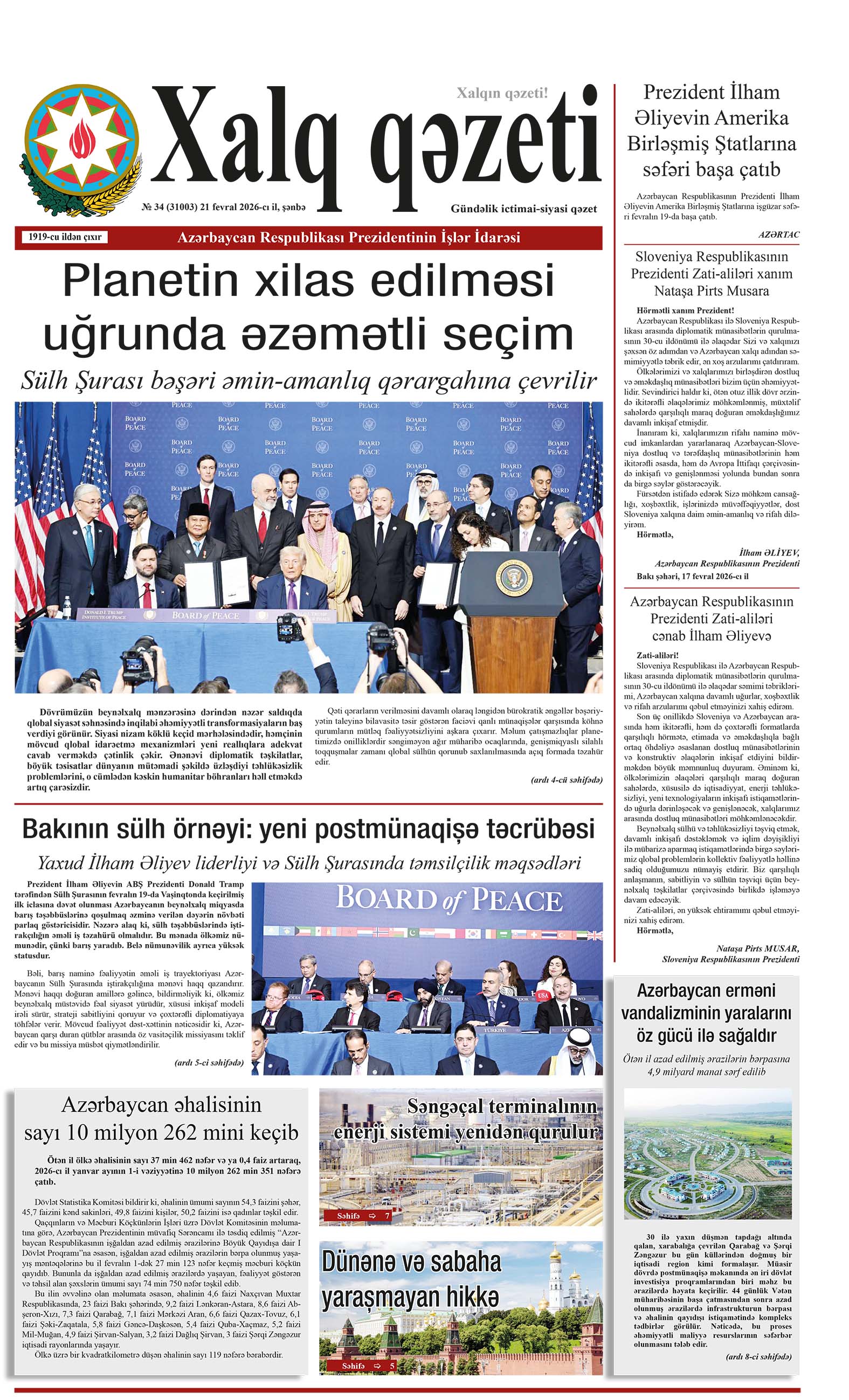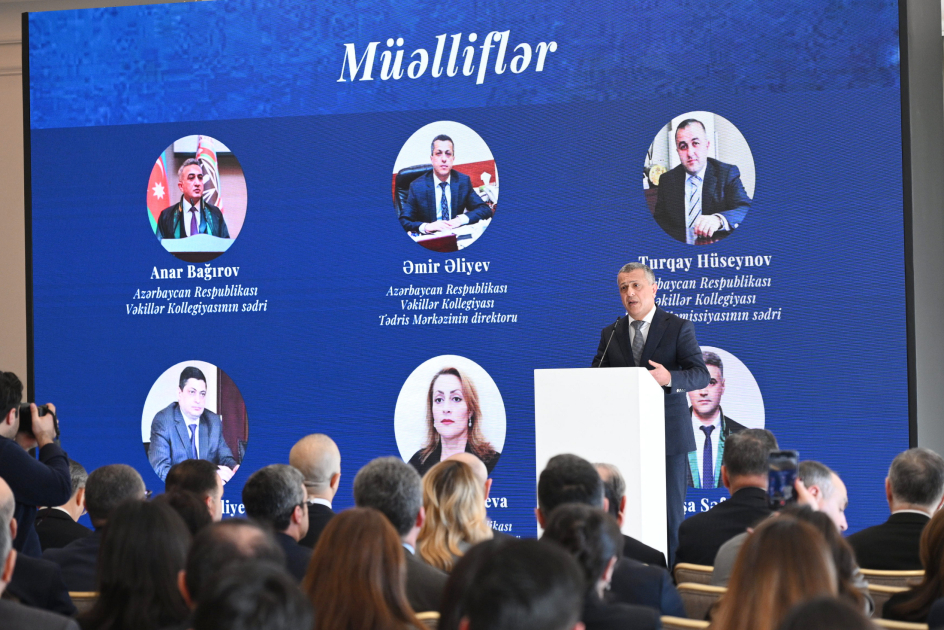Biden Meets Italy's Meloni, Announces Gaza Airdrop
U.S. President Joe Biden hosted Italian Prime Minister Giorgia Meloni at the White House Friday, amid challenges in dealing with the raging war in Gaza and maintaining support for Ukraine's defense against Russia's invasion.
"We're going to discuss the Middle East and yesterday's tragic and alarming event in North Gaza, trying to get humanitarian assistance in there," Biden said in front of reporters ahead of his meeting with Meloni, referring to reports of Israeli troops firing on a crowd of Palestinians scrambling to get food off an aid convoy in Gaza City, killing more than 100.
In a rare rebuke to Israel, Biden called the loss of life "heartbreaking."
"People are so desperate that – innocent people got caught in terrible war, unable to feed their families, and you saw the response when they tried to get aid," he said.
He vowed the U.S. "will do more" and announced it will be joining other countries to airdrop aid, mistakenly referring to Gaza as "Ukraine."
Meloni called the "humanitarian crisis" in the Middle East her "number one priority."
The meeting, their second in-person encounter in seven months, will also focus on Italy's G7 presidency in which Meloni is set to lead on an agenda aligned with Biden's: defending the international system and multilateralism. For both leaders, support for Ukraine has been the core of that effort, one of several areas of common ground despite their opposing ideologies.
To achieve this agenda, Meloni said she wanted to challenge the narrative of "the West against the rest," and underscored that dialogue between the G7 and the Global South is essential in finding solutions for Ukraine.
Despite initial concerns from Biden and Western allies when Meloni's far-right Brothers of Italy Party came into power in October 2022, the prime minister has proved her country's commitment to supporting Ukrainian President Volodymyr Zelenskyy's war efforts.
Last week Meloni visited Kyiv and chaired the first G7 leaders' videoconference under the Italian presidency, from the Ukrainian capital. She has signed a deal to provide Kyiv with military and technical assistance through the end of the year.
Meloni was also instrumental in persuading Hungarian Prime Minister Viktor Orban, a fellow far-right leader, to drop his opposition to a $54 billion European Union package for Ukraine during an emergency summit in early February.
However, Biden and Meloni both face domestic headwinds on Ukraine. Biden is dealing with recalcitrant Republicans in the House of Representatives who have stalled the passage of a Senate-approved foreign aid package containing $60 billion for Ukraine, along with $35 billion for Israel and Taiwan.
In Italy, where military aid to Kyiv is unpopular with voters, there are contrasting views within Meloni's coalition on the war in Ukraine and on Rome's relationship with Moscow, with some members pushing for a diplomatic settlement to the conflict sooner rather than later.
Biden and Meloni are aware that the longer the war in Ukraine lasts, the more difficult it will be to resist pressure from domestic groups and voters who want the war to be over. However, both are also aware that a Russian victory in Ukraine likely means the end of the European security system as we know it, said Dario Cristiani, senior fellow at the German Marshall Fund of the United States.
"Italy will work — in the G7 context — to promote greater cohesion in boosting military and financial support, while also trying to find ways to reinforce defense production in Europe and the transatlantic space, to support Ukraine in their vital fight against Russian imperial war of aggression," he told VOA.
The two leaders also discussed negotiations for a cease-fire between Israel and Hamas.
"We need to coordinate our actions in order to avoid an escalation," Meloni said. "And in this regard, we do fully support the U.S. mediation efforts.”
Rome, along with some other U.S. allies, abstained on a December United Nations General Assembly resolution calling for a permanent cease-fire in Gaza.
In January, though, Italian lawmakers joined their European Union colleagues in adopting a nonbinding, symbolic resolution calling for a permanent cease-fire, on the condition that the Palestinian militant group be dismantled and that all hostages it holds be released.


